President Donald Trump has stated that he supports a US-Brazil trade agreement, particularly if the Brazilian government lowers trade barriers between the two countries. The US president’s remarks, made at the White House on July 30, occur parallel to Brazilian President Jair Bolsonaro’s decision to nominate his son, congressman Eduardo Bolsonaro, to become the next ambassador of Brazil to the US.
This move has triggered concerns about nepotism in the South American nation at a key moment for Washington-Brasilia relations.
Diplomatic Appointments
Appointments to ambassadorial positions are usually a mix of either career diplomats or political appointees. For example, various donors to the Trump presidential campaign have been appointed as ambassadors; on the other hand, Krishna R. Urs, the US ambassador to Peru, is a veteran of the foreign service with over three decades of experience.
When it comes to Eduardo Bolsonaro, he is currently a deputy in the Brazilian congress, so he has some political experience. Nevertheless, it is impossible to avoid the issue of nepotism when a president’s son is nominated as an ambassador. In an interview with the author, Mauricio Santoro, a political scientist and professor at the State University of Rio de Janeiro, explained that “this is the first time that a Brazilian president chooses a son—or any close relative—to be ambassador.” He added that “Brazil has an excellent professional foreign service, usually considered to be one the best of the developing world; hence it is rare for the country to have non-professional ambassadors—there has not been even a single one in this decade.”
On the other hand, Ryan Berg, a Latin America research fellow at the American Enterprise Institute, a think tank in Washington, DC, explained to the author that “President Bolsonaro is attempting to reorient Brazilian foreign policy towards the United States. As such, he wants someone that he can trust in this critically important diplomatic post. Much like Trump, Bolsonaro’s family serves as some of his most trusted advisors.” Hence, “the issue of nepotism aside, overall Eduardo brings several key strengths to the position: English language abilities [click here for a PBS NewsHour interview with him in English], trust on both sides of the relationship, and knowledge of and access to the key players in both Washington and Brasília.”
Morality and qualifications aside, there is also the issue of this nomination’s legality. After all, is it legal to nominate a relative to a diplomatic position? Professor Santoro explains that article 37 of the Brazilian constitution and “several laws and decrees forbid politicians and public officials from hiring close relatives. However, there is also a controversial Supreme Court decision which says that they do not apply to offices which are political in nature. Bolsonaro claims that ambassadors fit in that category,” making Eduardo’s nomination legal.
Eduardo and the Future of US-Brazil Relations
The obvious main task of future Ambassador Eduardo Bolsonaro in DC will be to strengthen US-Brazil relations, which appear to be improving due to the friendship between the two heads of state.
The Brazilian president visited Washington in March, and the two leaders enjoyed an amicable meeting. As part of the visit, various agreements were signed, including one that enables US launches from Brazil’s Alcantara spaceport and another that safeguards technology, and even the New York National Guard will now team up with the Brazilian military under the umbrella of the National Guard’s state partnership program. Moreover, as part of the visit, President Trump designated Brazil as a “major non-NATO ally,” a major victory for the Bolsonaro administration. Weeks after the visit, in early April Brazilian Vice President Hamilton Mourão visited Washington and gave a presentation at the Wilson Center in order to maintain the diplomatic momentum.
In other words, bilateral diplomatic relations are in a good position nowadays, and as Professor Santoro explains, President Bolsonaro aims to “establish a ‘special relationship’ with the United States, similar to what the two governments had in the first half of the twentieth century, including military alliances in both World Wars. This would mean an alignment regarding global and regional issues, such as Israel and Venezuela, increased trade, investments and tourism.” AEI’s Dr. Berg added that “fighting the scourge of transnational organized crime and regional security measures will likely round out the next ambassador’s agenda.”
However, the question remains whether President Trump would like to create a special relationship with a Latin American government. Professor Santoro adds that “it is far from clear if the Trump administration would be willing to make economic concessions to Brazil, or even small steps such as lifting visa requirements for Brazilian citizens (which is a goal for Brazil, although it does not seem to be a major one).”
The issue of trade deserves to be singled out: according to the US trade representative, “US goods and services trade with Brazil totaled an estimated $103.9 billion in 2018. Exports were $66.4 billion; imports were $37.5 billion. The US goods and services trade surplus with Brazil was $28.9 billion in 2018.” However, in spite of these numbers, China remains Brazil’s biggest trading partner, not the US. Professor Santoro highlights that “just 12 percent of Brazilian exports are to the US, in contrast with 28 percent to China.” China is a major importer of Brazilian soybeans, to name just one product that ties the two countries together. Anecdotally, in late July Chinese Foreign Affairs Minister Wang Yi carried out a Latin American tour, which included a visit to Brazil; this trip exemplifies why, regardless of President Bolsonaro’s intention to befriend Washington, he cannot afford to forget Beijing.
President Trump’s July 30 remarks, when he expressed support for a free trade agreement, is another public relations victory for President Bolsonaro. But much needs to occur before an actual agreement is signed, and trade will have to significantly increase in order for the US to become, once again, Brazil’s major trade partner.
Final Thoughts
Berg correctly concludes that the Brazilian ambassador to the US is “a critically important diplomatic post for President Bolsonaro’s foreign policy goal of closer relations with the United States.” Hence, Brasilia should select someone whom President Bolsonaro can trust to correctly advocate his foreign policy goals. Eduardo is a congressman who “has accompanied his father on all of his trips to the US, as well as made solo trips on behalf of his father’s administration. Moreover, the Trump administration clearly feels comfortable with Eduardo: President Trump singled him out for effusive praise at his joint press conference with President Bolsonaro back in March,” as Berg explains.
Nevertheless, Professor Santoro stresses what the Brazilian population thinks of a president’s son being appointed as an ambassador: “Polls show that two-thirds of Brazilians are against the nomination, and media is also critical of the decision.” Though some Bolsonaro supporters agree that “sending the president’s own son to Washington would show Brazil’s commitment” to strengthening bilateral ties.
The friendship between Presidents Trump and Bolsonaro and the agreements signed during the latter’s visit to Washington in March point to strengthening bilateral relations, which should make Eduardo’s job in Washington, DC, easier, should he be confirmed. Nevertheless, a president selecting his son, no matter how qualified he is, to a critically important ambassadorial position is a problematic sign of nepotism.
Wilder Alejandro Sanchez is an analyst who focuses on geopolitical, military, and cybersecurity issues.
The views expressed in this article are those of the author alone and do not necessarily reflect those of any institutions with which the author is associated.
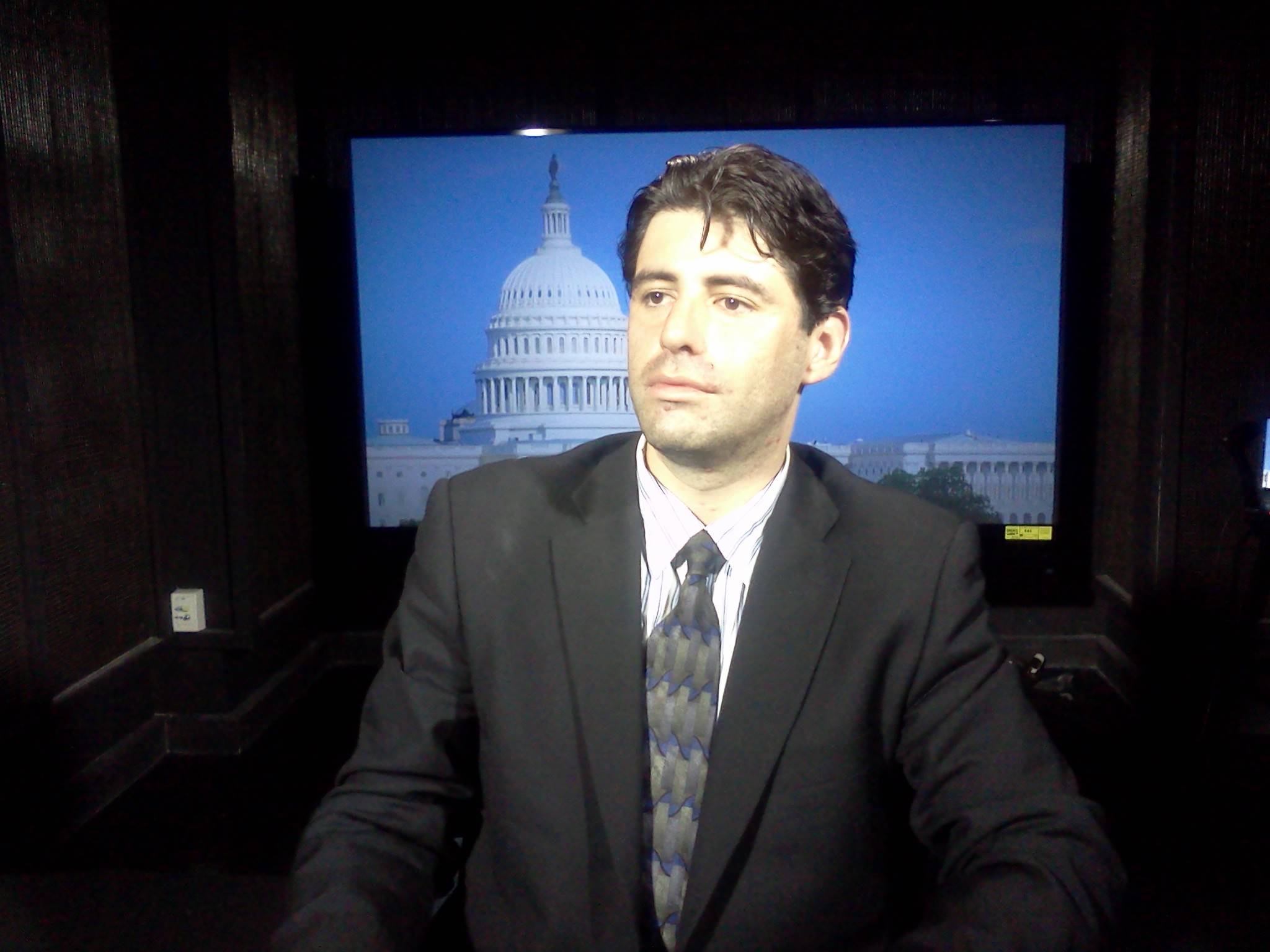

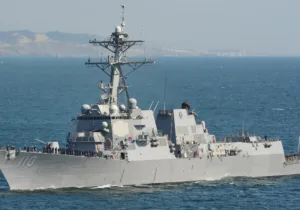
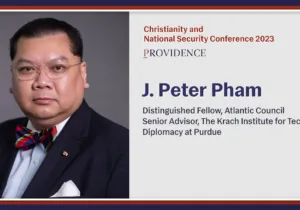
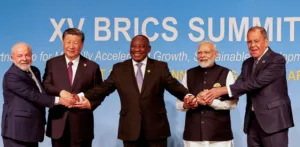
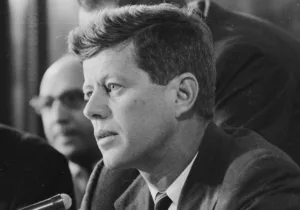

 Live in the DC area? Sign-up for Providence's in-person events list!
Live in the DC area? Sign-up for Providence's in-person events list!